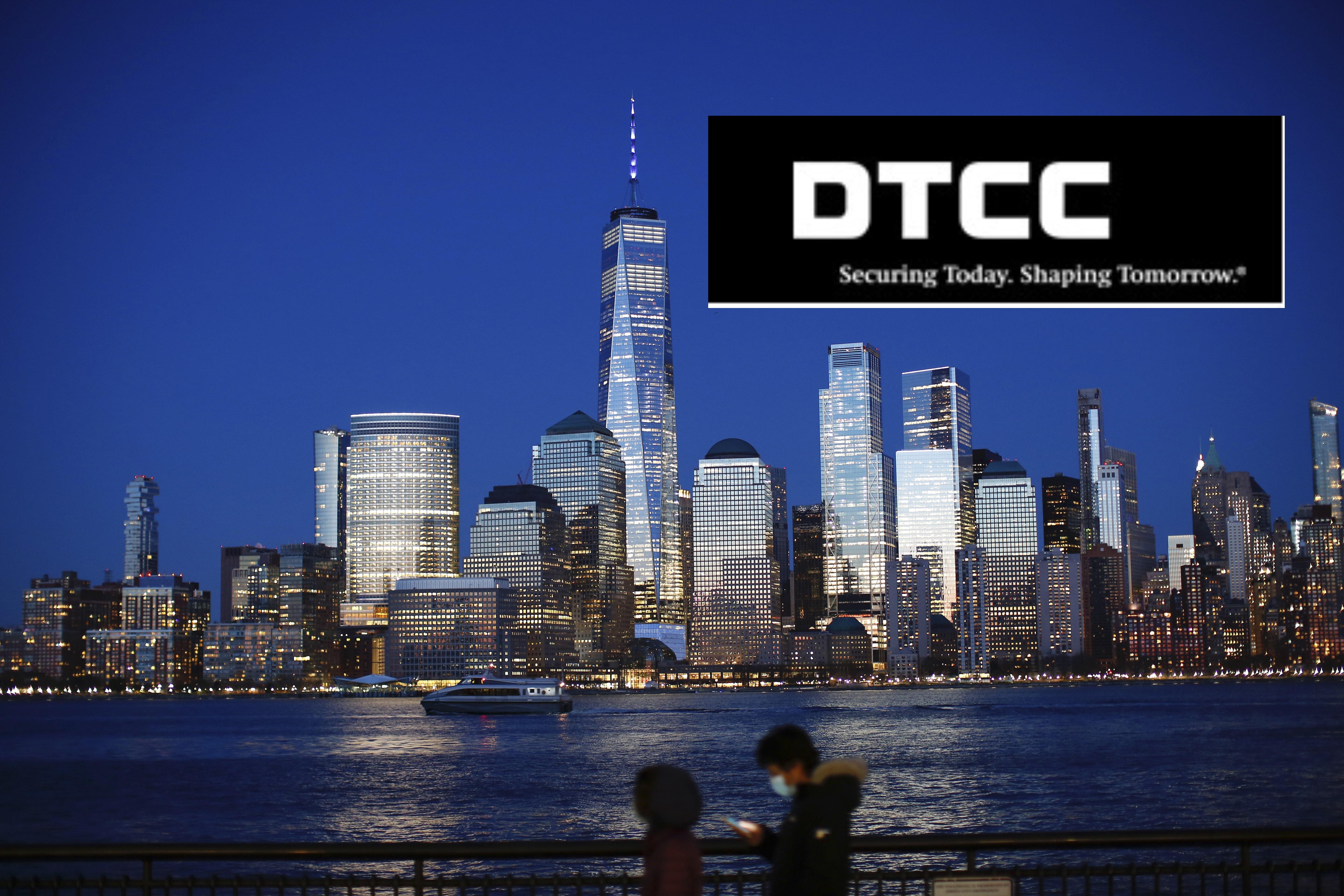DTCC Passes Rule Change for U.S. Hedge Funds, Explained
Recently, the Depository Trust & Clearing Corporation (DTCC) changed the rules. Here's how it impacts public companies, hedge funds, and investors.
March 25 2021, Updated 10:47 a.m. ET
Being a public company means putting corporate details on blast for the entire market to scrutinize or support. This includes earnings and losses alike. One of the biggest aspects of this is filing appropriately with the SEC and staying up to date on all of the requirements, which the DTCC (Depository Trust & Clearing Corporation) deals with directly.
Here's the rundown on the recently passed DTCC rule change, as well as additional requirements that they have instituted since.
What rules are DTCC changing?
On March 16, clearing firm DTCC officially proposed a rule that would eliminate a key requirement for public companies that are compliant with SEC standards. In the document, DTCC said the rule change would "eliminate the requirement that a participant must confirm its activity statements monthly through [the DTCC] Participant Inquiry Notification System."
This means that DTCC is basically trading one reporting requirement for another. Hedge funds don't have to report their positions monthly, but they do have to contact DTCC by phone and through a form for any discrepancies. They can also be asked at any point for position reports, so they need to be ready and keep their money flow balanced.
The rule was officially passed on March 17 and seems like a step forward in transparency for hedge funds. If there are loopholes, these corporations will find them. However, it seems like they're losing the ability to hide positions or make assets appear out of nowhere.
This isn't the only rule change DTCC is looking towards. They got involved in brainstorming regulatory adjustments following the GameStop short squeeze earlier in the quarter. On Feb. 24, they proposed a two-year plan for something called a "T+1" or a one-day settlement period for trades.
This would reduce the settlement period for trades on brokerages. Currently, the process takes two days. It could potentially help avoid trading shutdowns like we saw with Robinhood. This would reduce DTCC's trading margins by as much as 41 percent and help them stay out of debt.
Murray Pozmanter, an executive at DTCC, said, "The time to settlement equals counterparty risk, which can become elevated during market shocks. It can also lead to the need for higher margin requirements, which are critical to protecting the financial system and investors against a firm default."
The most recent regulatory change came on Mar. 24, when they officially deactivated the Participant Inquiry Notification System (PINS) functionality. This means they're taking a different route to enforce the issue. Rather than using the preexisting functionality, they're humanizing the process and request a phone call and paperwork to resolve discrepancies.
Considering they're dealing with huge hedge funds on this matter, the prospect of discrepancies is practically guaranteed.
On page four of the relevant DTCC document, they mention fines for discrepancies in money flow. A first occurrence is subject to a warning letter, but the second time incurs a shockingly low $150 fine. Subsequent occurrences on a rolling 12-month period incur a $300 fine. It sounds like pocket change when compared to hedge funds like Citadel with $35 billion in assets under management.
What DTCC does — and how they make money:
DTCC is a capital management company. They largely provide clearing and settlement services for the U.S. financial market in the post-trade space. There are other clearing corporations that do this, but DTCC is by and large the most prominent.
DTCC has also made its way toward the top of the Fortune 500 list. First established in 1999, they have managed to mitigate the risk involved with electronic trading. Ultimately, this helps heighten consumer trust in the financial markets while stimulating capital investments for a more prosperous outcome. It's a user-owned utility that's run by people who are also the end-users of the services DTCC provides.
Don't think that they do it all out of the sheer goodness of their heart. With their servers located across the Hudson River from New York City in Jersey City, N.J., DTCC maintains total assets of $47 billion.
Are the rule changes official?
DTCC has officially passed the March 16 rule change proposal and changed the discrepancy reporting process from PINS to a phone call and form. The two-year plan regarding settlement times isn't official yet. However, if it passes through the process, public companies and brokerages alike can expect this shift in practice to sustain. After all, DTCC holds a lot of cards—and they manage to keep investor interest in mind all the while.
As for when DTCC will start enforcing the new rule, it's already happening (as evidenced by the PINS functionality removal). Investors looking for reliable short interest data will be able to do so soon, which could change the game for stocks like GameStop, AMC, and more.


